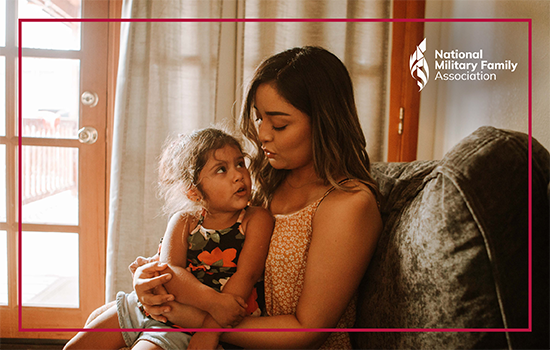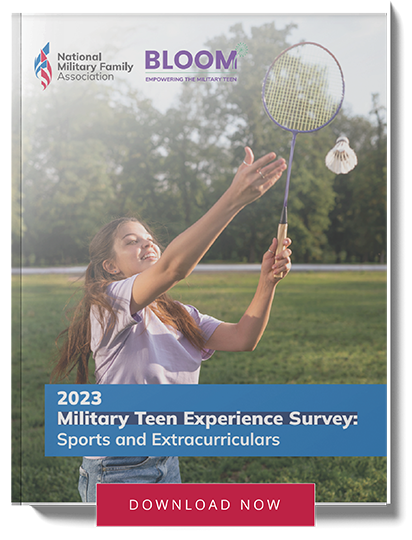Will the Au Pair Program Continue to be an Affordable Option for Military Families?

We all know that child care is expensive and difficult to find – in both the civilian and military community. For military families, who often need flexible care options to accommodate the demands of a service member’s job, finding appropriate, affordable child care can be especially difficult. For those families, the au pair program offers a great solution to help with their child care needs.
Approximately ten percent of au pair host families are military-connected. These families rely on the unique, 24-hour support au pairs provide to stay mission-ready. Moreover, families continually tell us that the cultural exchange their families experience in an au pair relationship fosters invaluable learning, understanding, and respect that promotes and establishes American allies worldwide. In military-connected au pair host families, au pairs learn about the American military experience and find a home with military families; military families develop personal relationships and cultural respect that informs how they see the rest of the world.
Everyone benefits.
There is no comparable, affordable care alternative to meet the needs of military life. There’s no comparable, affordable cultural engagement opportunity, either. The au pair program strengthens more than just the military families it serves; it enables military families to learn about the world and its people through vitally important cultural exchange.
At the end of October, the State Department proposed some rule changes to the Au Pair program. The proposed rules significantly change the program’s purpose – in some instances, not for the better. Below are some of the proposed regulatory changes. You can read the full proposal here.
Program Affordability
The current au pair program regulations provide an element of affordability by way of a nationally uniform stipend formula that takes into account that au pairs are not professional childcare providers and that there are many other contributions and obligations that host families must provide their au pairs as part of the exchange experience. The State Department has proposed, however, to significantly increase the amount a host family must pay their au pair each week based on their geographic location and any applicable state or local minimum wage requirements.
- Host families would need to pay their au pairs for the maximum hours permitted in one of two program types regardless of actual hours worked: either a 31-hour-per-week part-time program or a 40-hour-per-week full-time program.
- The proposed rule would create geographic “tiers” based on local cost of living, with set pay scales within each tier. Host families would be required to pay their au pair the highest rate within their Tier or, if higher, the applicable federal, state or local minimum wage rate.
- Host families would need to contribute up to $1,200 each program year towards their au pair’s educational component.
Host Family Administrative Burdens
The current au pair program regulations seek to reduce a host family’s administrative burdens to encourage the welcoming of an au pair into the family’s life and community and to reflect the unique nature of this exchange experience. The proposed regulations, however, treat the home as the equivalent of a worksite and impose new administrative requirements on host families.
- Host families would need to identify in a written agreement and not deviate from a list of permissible tasks their au pair can perform.
- Host families would be responsible for documenting on a weekly basis and submitting to their sponsor for review the following: (i) hours of childcare their au pair provided each day; (ii) meals provided and accepted by their au pair each day; (iii) confirmation of weekly compensation to their au pair; (iv) tracking of hours of accrued and used/unused paid time off and paid sick leave; and (v) contributions to their au pair’s educational component.
- Host families would be responsible for understanding and monitoring any applicable federal, state, or local minimum wage and overtime laws, and notifying their sponsor and updating their au pair agreement in the event of any changes during their program.
The proposed rules aren’t final. There is still time to make comments through January 28, 2024. You can submit comments directly through Regulations.gov or use the letter provided through the Cultural Care Au Pair portal.
Have you been a host family?




